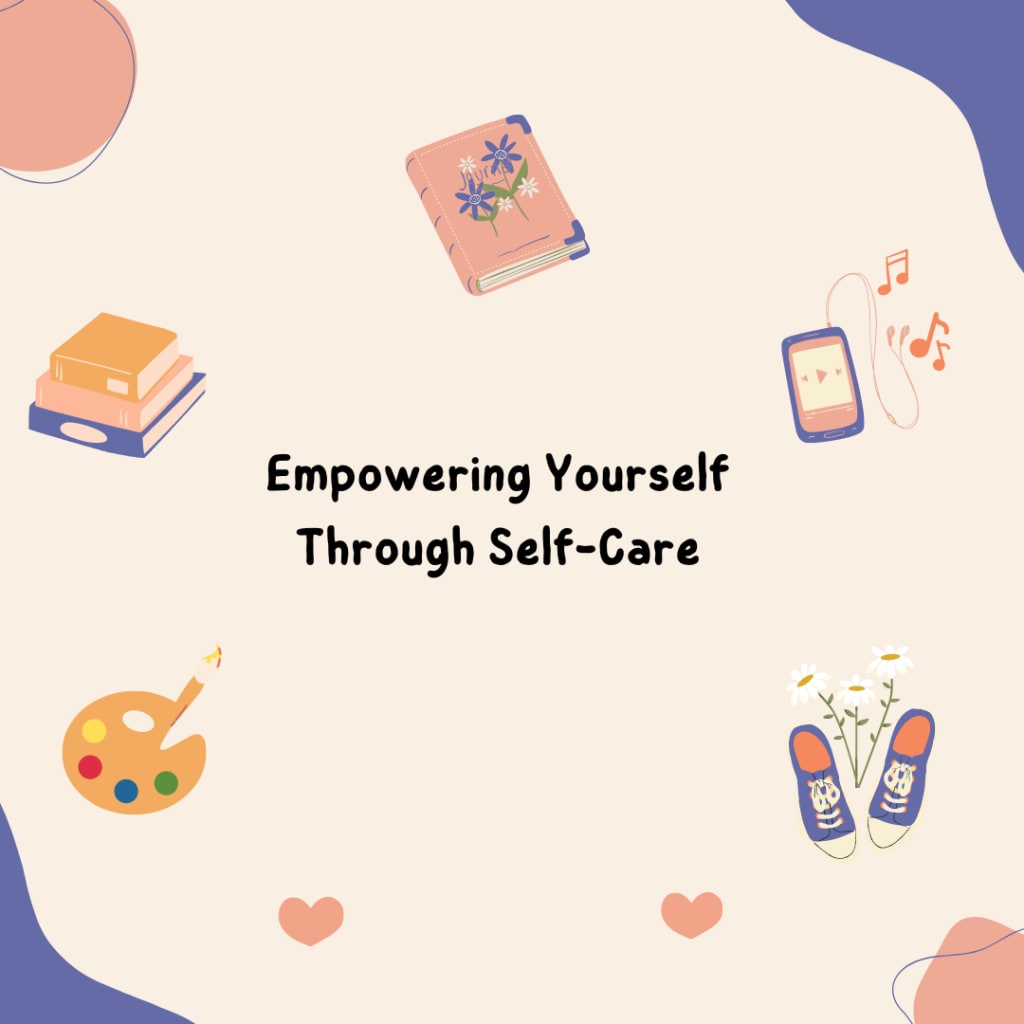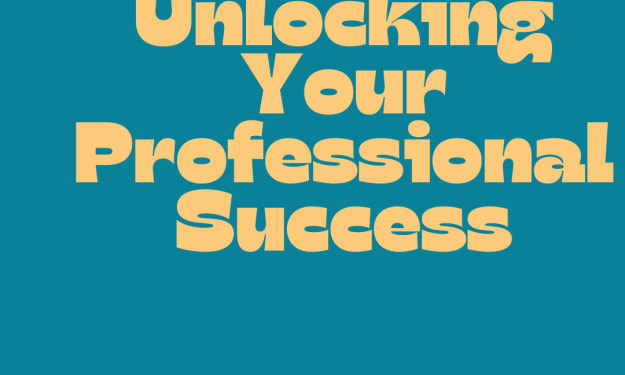
In this modern world where work, family, and social life seem to be demanding more and more attention, it can be that the truly important aspect of our lives- Ourselves- gets left behind. Yet, self-care is not less important than the health of the body but also for sustainable mental and emotional health as well. Self-care becomes critical in the construction of self-confidence, which most of the time is not given much thought.
Understanding Self-Care: The Holistic Approach to Life
Physical Self-Care: Doing the body good, boosts alertness of the mind
Muscular self-care involves some actions that help you achieve and maintain good physical health, including physical exercises, having sleep enough, eating the right diet, and personal hygiene. Exercising frequently is not only about physical fitness improvement but also releases endorphins which are the hormones that are nicknamed "the feel-good" hormones and they boost your mood and reduce your stress levels. Besides, attaining quality sleep recovers the body and the mind, as well as developing a pointed mind with more resilience to deal with challenges. The reason for the balanced diet is that provides the organism with essential nutrients, improves health, and even increases vitality. Getting into self-hygiene practices is a crucial component of a personal hygiene system that helps a person appreciate the way they look which goes a long way in building self-assurance in social relationships.
Emotional Self-Care: Intrinsic Harmony: Achievement through Self-enhancement and Strength
Among others, the ABC of emotional self-care will be a practice that will ensure the achievement of emotional health and resilience. Some of the most valuable and effective techniques of emotional self-care that have proven successful for me are mindfulness, journaling, seeking support, and setting boundaries. Mindfulness practices, such as meditation and deep breathing exercises, help individuals get an emotional refresher and use thoughts to overcome daily life stresses, such as hurdles in a graceful manner. Conversing with oneself is as necessary as breathing for handling the emotional maze and developing a deep sense of the inner world. It helps us discover who we really are and become resilient emotionally. Hearing reassurance, empathy, and encouragement from confidants, relatives, or mental health advisers creates the feeling and association of solidarity, allowing the individual to face and overcome his or her emotional barriers. Proper boundary-setting assists people in concentrating on emotionally peaceful friendships; otherwise, they might be overwhelmed by too many stresses.
Mental Self-Care: Breeding Cognitive Flair and Developing Verve
When mental well-being practices are entailed, cognitive activities that develop self-actualization are implied. Taking care of lifelong learning, creative activities, mental stimulation, and stress management means a lot to keep mental health. Lifelong learning is more than just the acquisition of knowledge. It sharpens mental dexterity, piques curiosity, and enhances one's intellectual base, an asset important for developing confidence and adaptability. Artistic disciplines succeed in not only offering an opportunity for self-expression through painting, writing, or music but also in giving a sense of purpose and accomplishment. A person with strong problem-solving skills can deal with problems step-by-step, increasing their self-assurance in the overcoming of any challenge. Learning to master handling stress through time management techniques, focusing on being in the moment (mindfulness), positive self-talk, and having confidence that you can handle life’s complexities means you have the resilience tools to do it with poise and confidence.
Conflicting relationship between self-care and self-confidence
Self-care is not something to be indulged in only once in a while; rather, it is something essential for the growth of self-confidence. When individuals put their well-being first they create a mindset of resilience which is a must for facing all life's uncertainties with courage and confidence. When an individual takes good care of their body, mind, and feelings health, they dramatically increase their self-confidence and competency, which in turn, empower them to boldly and eagerly seek out what they want. Additionally, self-care achievement promotes a positive self-image which in turn draws individuals to respect themselves and to live happy lives regardless of external influences. On top of that self-care serves as a reflective mirror that enables people to figure out what they stand for and build up the courage and strength to face life’s obstacles as true themselves.
Implementing Self-Care Strategies: Hacks for Lead Victory That Also Succeed
Create a Self-Care Routine:
Schedule regular self-care activities: Set aside time every day, even if it is one minute that is not big for you but means a lot to me. Hence, it can be a good idea to make avoiding sooner or later regular meeting with yourself.
Identify activities that rejuvenate and energize you:
Be open to different sorts of guided or spontaneous well-being exercises to find those that fill you with all-around happiness.
Set realistic goals:
We recommend starting with adding only a little self-care activity at a time, maybe only one or two at first. It is important not to forget about your old ones.
Practice self-compassionate language:
Criticize yourself with self-praise and encouragement to foster a kind and satisfying internal talk.
Acknowledge your strengths and accomplishments:
Celebrate each of your achievements, even if they are small, and proudly acknowledge that you are where you are today because of your unique traits and potential.
Extend compassion to others:
Empathy and understanding should be developed in a relationship that shall grow deeper bonds and a feeling of belonging that will emerge.
Communicate your needs assertively:
Set your boundaries widely and strongly express how you feel for your safety in your personal and professional relationships.
Learn to say no:
Acknowledge that saying no, as well as not a self-centered act but, rather, a self-protective measure, that helps maintain one’s energy and mental health.
Surround yourself with supportive individuals:
Create lasting interaction with people who value your limits and show respect and honor to you, hence developing a healthy and strong ambiance.
Finally, self-care is the main factor in regards to building self-confidence and a nice self-image. The human body, mind, and health are the three components of every person. If we consider well-being a priority, then we put ourselves in a position of advantage and have a chance to gain self-confidence and resilience. In embracing self-care, as a matter, a non-negotiable part of our life, we help ourselves to live genuinely and confidently.





Comments
There are no comments for this story
Be the first to respond and start the conversation.